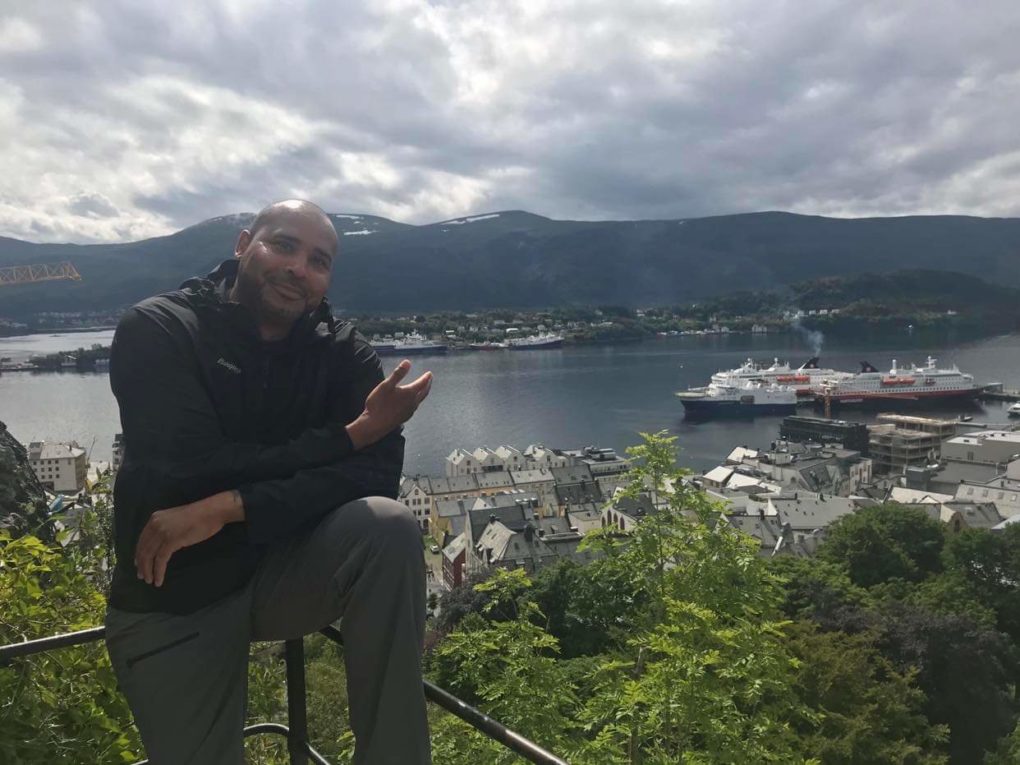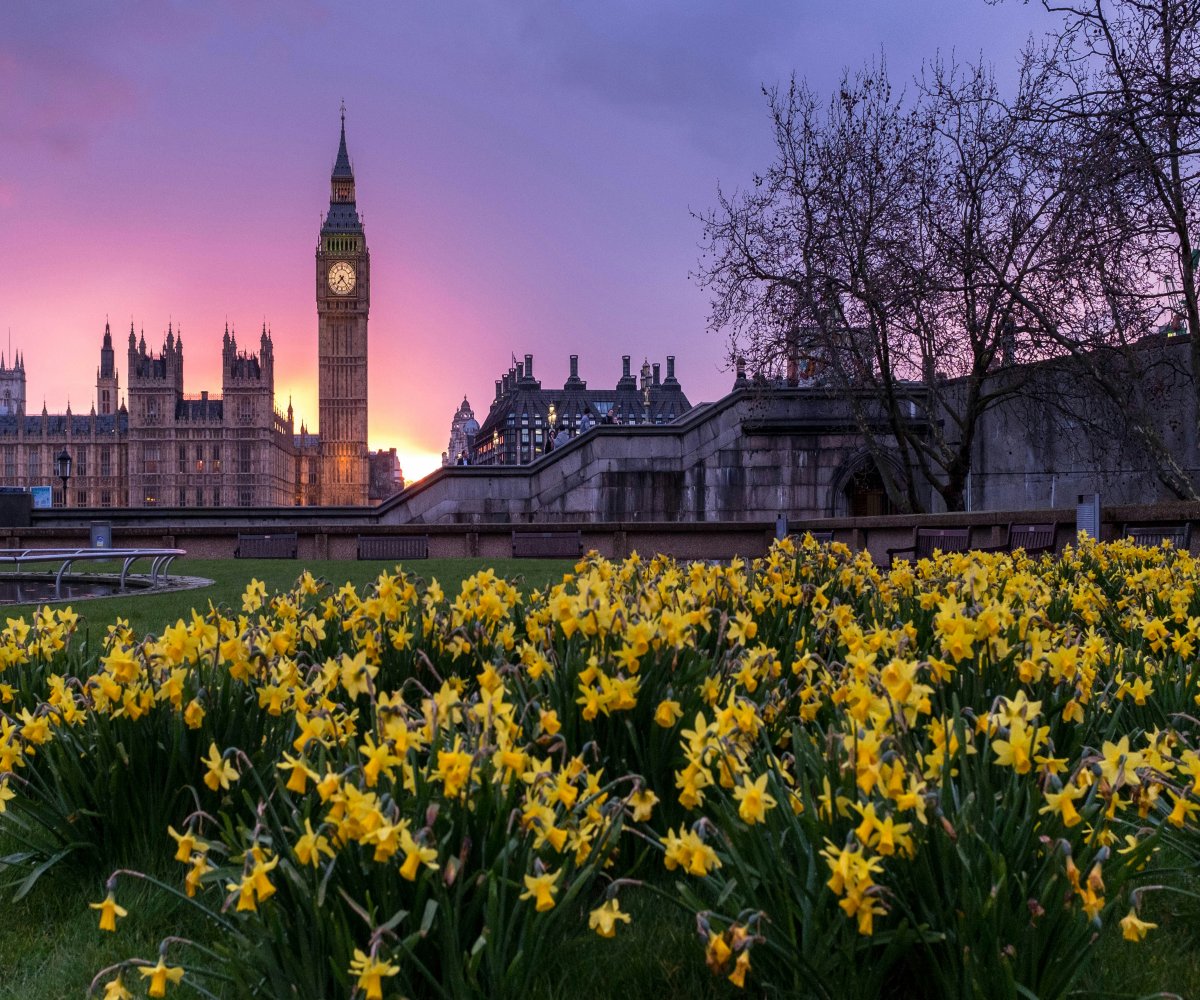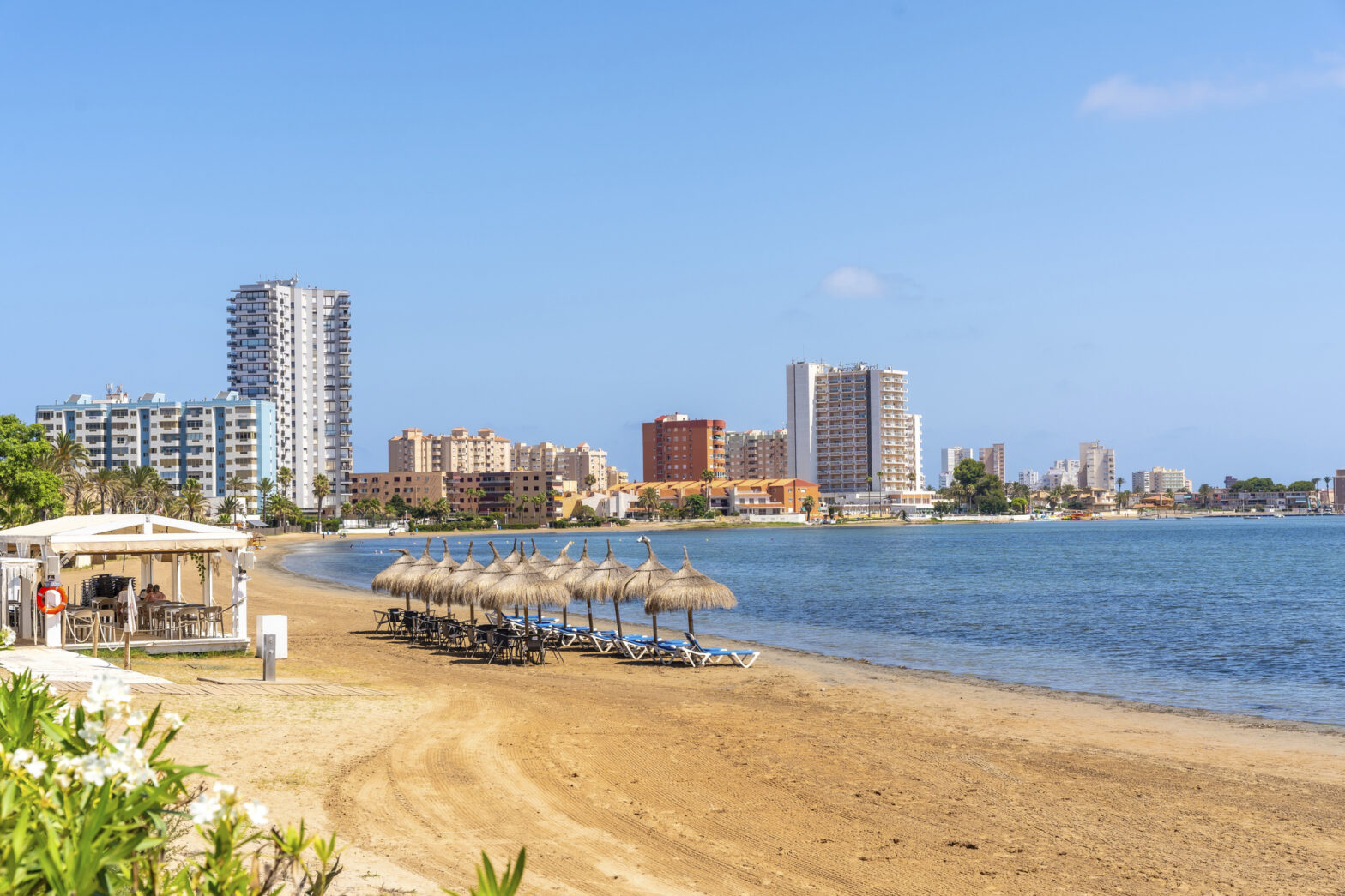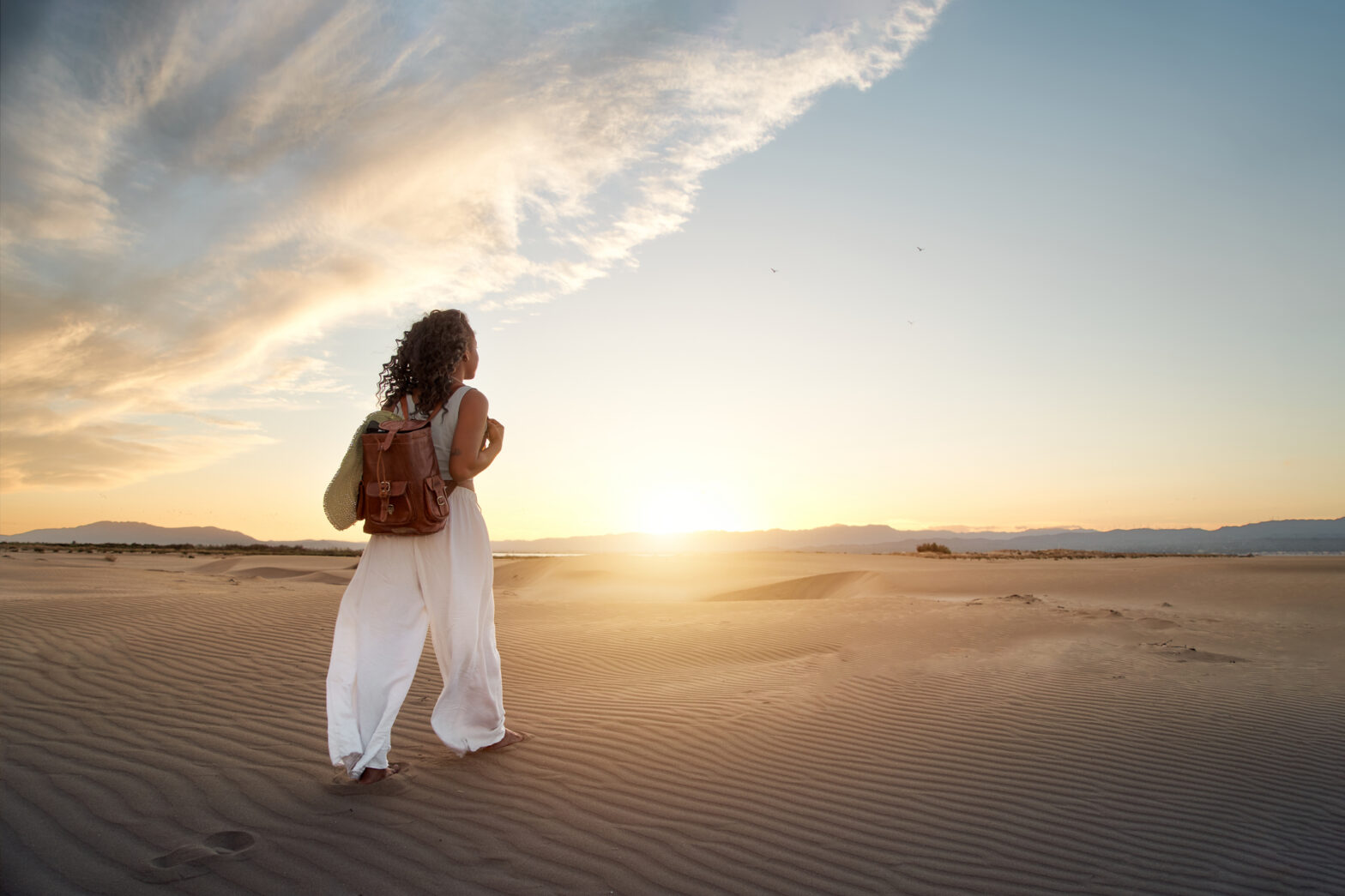There are plenty of stories about Black expats in Jamaica, Mexico, Turkey and other nations with a sizable Black or brown population. Robert Gillan went in a very different direction, and is happy to call Norway home. It isn’t the first country you would associate with Blackness for obvious reasons, but there is a Black presence, mostly from Africa.
“In Scandinavia, especially Norway, we definitely have less Africans and even fewer African-Americans than other parts of Europe,” Robert told Travel Noire. “But still, there are more of us than you might think.”
With ceaseless social and political strife in The United States, more and more Black people are either considering a life overseas, or have already left. What specifically convinced Robert, born on a military base in Oklahoma, to take up residence in Norway?
Originally, Robert went there to live with his Norwegian wife in 2012. When the marriage dissolved, he decided to stay to avoid the stress of moving a second time. Moreover, he wanted to provide stability for his young son, who was born in Norway. It wouldn’t be practical to bring the child to The United States, though he has American roots through his father and paternal grandparents, natives of Oklahoma and Alabama. Robert also has three daughters, one in Hawaii, one in Georgia, and a third in California.
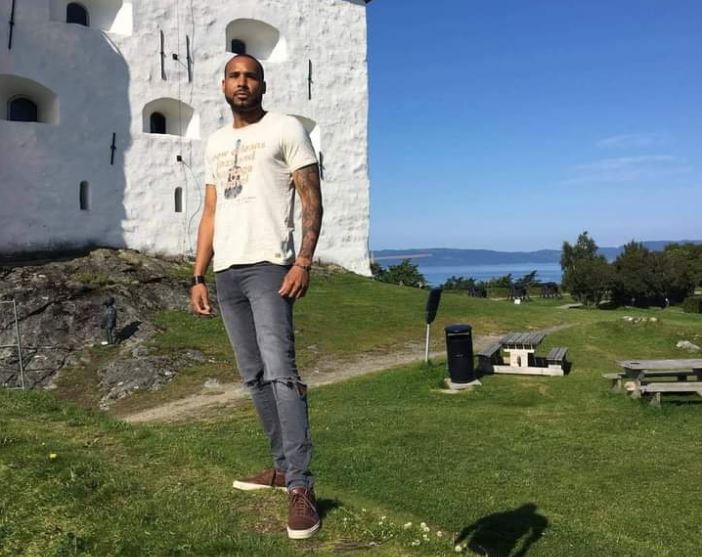
Over time, Robert has fallen into the Scandinavian way; exploring the outdoors more often than he did back home.
“I definitely wasn’t much of an outdoor person before,” he admitted. “It’s so beautiful here that it’s hard not to be outdoorsy. I like to hike, it helps me relax. Forest conservation is a big deal, so even within major cities you can easily hike at any time. Norway does a good job of keeping the balance between cosmopolitan and Nordic landscapes.”
The country’s breathtaking beauty is evident in its colorful cities, towns and dramatic countryside. It has consistently ranked well on the list of the twenty happiest nations, determined by quality of life. According to the World Happiness Report this year, Norway earned eighth place, after being fifth and third in previous years. As for The United States, we’re not even in the top ten.
Robert holds dual citizenship, and was able to become a Norwegian citizen after living in Oslo for several years. He noticed how little Norwegians understood about the complexities of Black struggle, especially in The United States. This inspired him to create a YouTube channel called DaRealNordicBlack.
“I felt that the global racial reckoning within the African diaspora needed a specific African-American voice, because I wasn’t hearing that perspective from the creators out here,” Robert said. “There is so much beauty and strength about us that we don’t know. We are the original people on this earth. Everyone and everything comes from us. Black people are everything. I love us. That’s what I want to push to the front.”
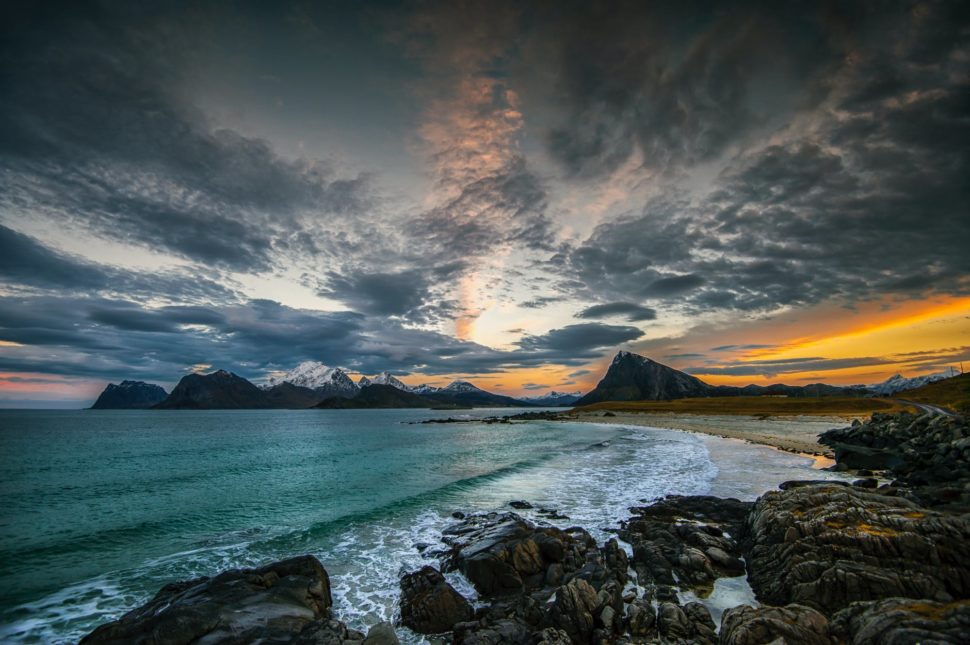
Robert’s YouTube channel seeks “to educate people on the injustice of racial discrimination, and how it harms all of us in the context of humanity.” He invites authors, historians, and scholars across racial lines for interviews, and is often surprised by their willingness to participate.
Interviewees include Mandisa Thomas, the founder of Black Nonbelievers, jazz vocalist Tricia Boutté, and civil rights activist Jane Elliott.
Robert also interviewed Helge Rønning, a Norwegian literary researcher, who was greatly moved by his meetings with Stokely Carmichael.
“Helge met Stokely at least twice,” Robert said. “The first time was in London, the second was when Helge was a student leader in Oslo in 1967. There was a lot of support in Norway for the Black liberation movements in America. You can tell that meeting and hearing Stokely still has an impact on Helge today. It’s definitely a must-watch.”
Is Norway a racism-free Utopia? No. There’s no such thing there, or anywhere else.
“I’m definitely not saying there isn’t racism,” Robert said. “But my experience here versus The United States is different. Norway doesn’t have hundreds of years of Black slavery, Jim Crow, or mass incarceration in its history. Being a Black man here is less stressful, and people don’t assume I’m a criminal threat when I go outside. I never realized just how heavy being a Black man in America was until I was able to get away.”
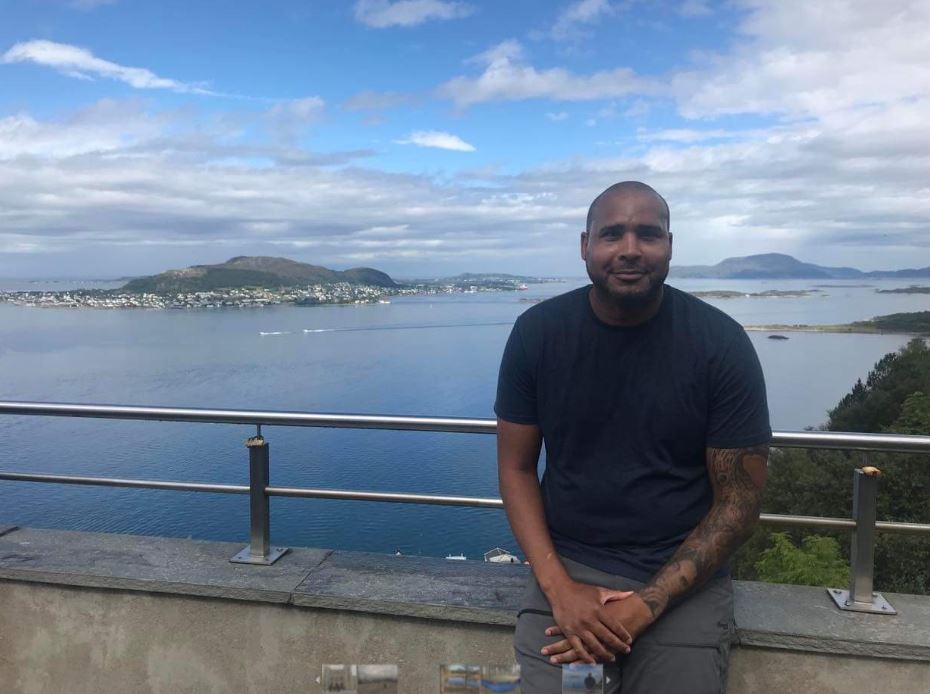
On a lighter note, Robert mentioned that Norwegian men aren’t afraid to shoot their shot if they see a beautiful Black woman. Also, Black entertainers have had a following in Norway for some time.
“In 1892, there was a Black performer named George “Geo” Jackson, who made his debut here,” Robert explained. “He was the first Black celebrity in Norway, and his work was the precursor to jazz.” Louis Armstrong also performed there years later.
Jazz remains popular today. “There are a bunch of jazz festivals. But the major ones are in Kongsberg and Molde.”
If you’re thinking of living in Norway, you should know it’s one of Europe’s most expensive countries, and the taxes are high. But they go towards maintaining a strong infrastructure that actually provides for its people. Small wonder that the average Norwegian is content and is able to balance their social and professional lives with ease. For Robert, this is another reason why Norway is so attractive.
“It invests in people and families,” he said. “The social safety nets of healthcare, paid time off, longer vacation times and education are excellent. In The United States, so many of us have to work to just barely survive. The stress is way less here.”
When Robert isn’t at the gym, hiking, or spending time with his son, he’s researching potential subjects for his YouTube channel. The interviews already uploaded are diverse, discussing everything from cultural differences between Norway and The United States, to atheism in the Black community. The Black experience, in all its facets, is what drives Robert to do what he does.
“There aren’t really any other African- American men in Norway doing what I do,” he said. “I’m not a trained scholar or interviewer, but I’m curious. I’ve always been curious about my history. And I’ve been putting in the work. For real, for real.”
